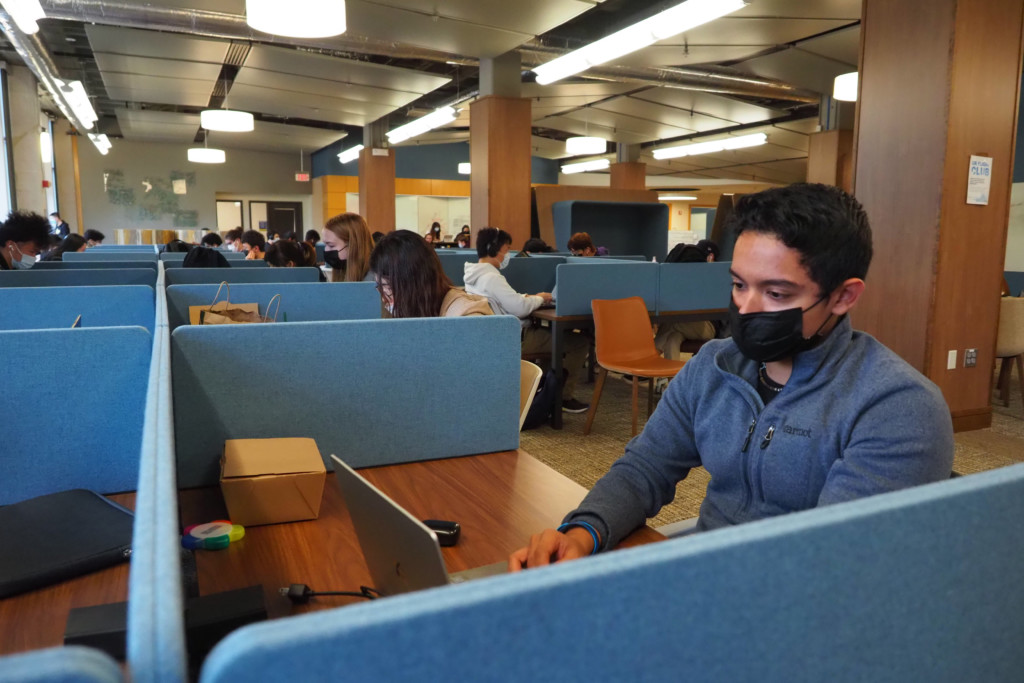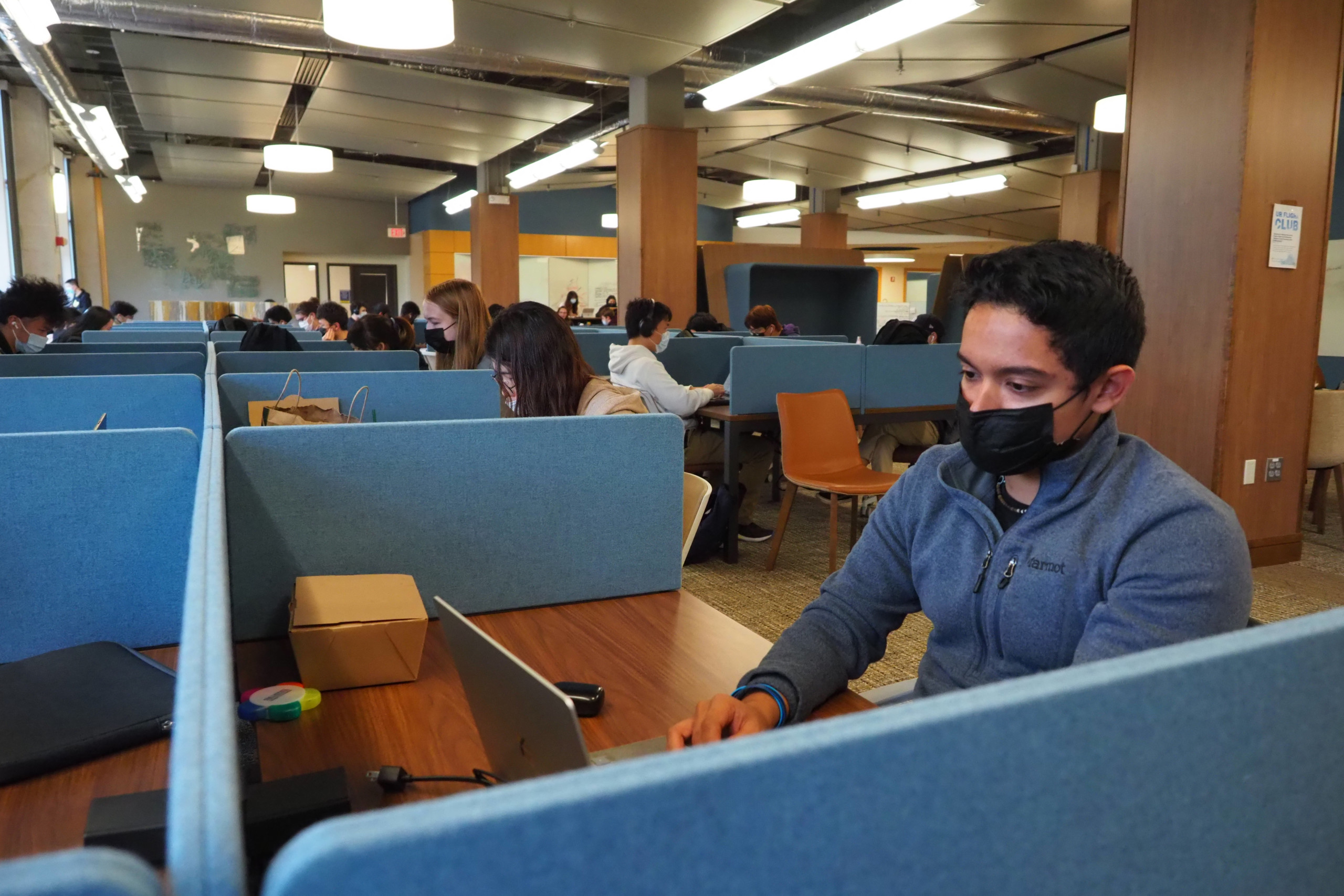Last week, the College of Arts, Sciences, and Engineering announced an update to the current course overload policy. Starting in fall of 2022, there is a hard 24-credit cap on overloading, and students must explain why an overload of any amount is necessary.
The student body, and the Campus Times in particular, have often criticized the administration for not concretely addressing student concerns, especially the high expectations and even higher stress levels on campus. We’re glad to see a direct response to that outcry. This acknowledges that there is real social pressure at this school (and in this post-college market) to take more than the standard 16 credits. And it does something real to reduce that pressure.
According to that email, this change has been on their minds and in the works for a while. One major reason for this was the credit hour policy, which states that each credit equals roughly three hours of weekly work.
“Thus, a course load of 16 credits is 48 hours of work per week for the semester;” the email read. “[O]verloading at 20 credits yields 60 hours per week; and for an overload of 24 credits, a student is expected to work 72 hours per week.”
Of course, many classes don’t actually hit this number, and certainly not every week. But even just on paper, for anyone to approve that amount of work is insane. Especially when most students are working jobs on or off campus, or are committing significant time to clubs or sports.
And fine, to rise and grind working 80 or more hours a week, between classes, clubs, and other commitments is certainly plausible. But it’s not a healthy, happy, or sustainable lifestyle.
That is what we call — and what the administration acknowledged in the email as — “toxic Meliora” culture.
This stifling environment isn’t exclusive to UR, or even to college. It is part of a larger belief that the most important thing you do from the ages of 16 to 22 is build a resume to hand out over the course of your senior year(s).
Somehow, in our desire to package ourselves to the increasingly stressful job market, it seems we must take on as much as humanly possible just to prove that we can. Arduous tasks pile up as things we once enjoyed become discouraging, and resume-padding time sinks add even more stress.
The email went on to state that the College “sees [toxic Meliora] reflected in the number and types of CARE reports, instructor warnings on poor academic performance, academic honesty cases, and in conversations and feedback from instructors and students.” Your classmates and professors care for and are worried about you.
We’re glad the University sent out a reminder to focus on non-academic life a little. We need that extra encouragement to give ourselves a break to focus on other things we love — our clubs, our friendships, and our hobbies — which might have been pushed to the wayside as toxic Meliora culture made us conflate “ever better” and “ever busier.”
The new course overload policy is an opportunity for you to be kinder to yourself. You’re already doing enough. In many cases, more than enough. You deserve to give some time back to yourself, and spend a little extra time taking care of your physical and mental health. You’re more than a resume.
The Editorial Board is a weekly Opinions article representing the view of the Campus Times, co-written by Editor-in-Chief Hailie Higgins, Publisher Ethan Busch, Managing Editors Corey Miller-Williams and Olivia Alger, Opinions Editor Alyssa Koh, and Features Editor Melanie Earle.

